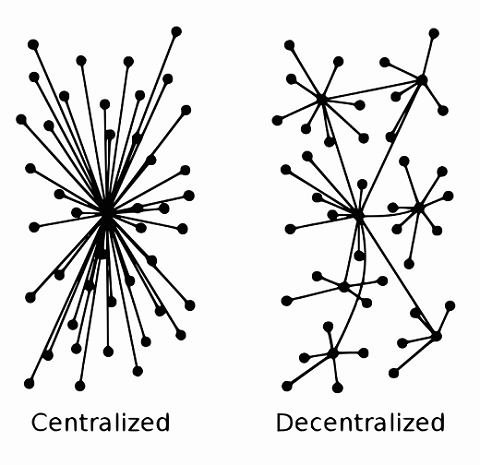Free enterprise is about applying liberty to economics. If you don't have economic liberty, then you don't have liberty at all.
Full disclosure on a few things: (1) I am not an economist. The following is only my opinion on what I've learned about economics so far. (2) In this article, “free enterprise” is code-word for “capitalism”, since it's become a dirty word. (3) We do not live in a capitalist economy.
What is Free Enterprise?
Free enterprise is based off of two negative rights: your right to your own property and your liberty to control how you use your property. When these rights are truly carried out, we create a free enterprise. Our current economy does not truly match these ideals. A free enterprise is antithetical to confiscatory taxes, government setting prices, and wealth redistribution.
In a free enterprise there are two ways in which one parts with one’s money: either through mutual-beneficial trade or through charity (where the donor voluntarily gives their resources for non-immediate or non-compensational benefits).
Free-trade and Wealth Creation
Any time that an owner parts with their money there is always some sort of trade off. (Or at least a perceived benefit.) If you give money to a homeless person, your reward may be a good feeling, or the idea that you helped someone in need without force, and therefore are showing your love for your fellow-man. For me, as a Christian, when I give charitably, I believe that I will have a reward in heaven. In any trade, the benefit you get is self-perceived and subjective.
When you spend money on a product or service, the benefit is more tangible, but the value is still self-assigned. Meaning, you will only buy the product if it’s worth it to you.
There are three ways that we add value to the world (create wealth). First is innovation, using creativity to turn raw materials into something more complex, like art or a new invention. The second is effort, you always need to exert some effort in order to improve things. The third is trade, if we both walk away with something that we value more, we both walk away richer.
The Government in the Economy
In both economic and social interactions, the government is supposed to act like a referee. The government doesn't intervene until someone has been fouled (their negative rights have been violated). No referee should pick winners, and there is no need for the government to do that either. In free trade, there is no need to pick winners, because both parties can win. So, in the economy, the role of the government is to protect both the producer and the consumer against force and fraud, to ensure both sides walk away winners.
When the government starts setting prices, redistributing wealth, participating in over-regulation and over-taxation, it hurts the economy. It's like a referee that stops the game to give points to the losing team, simply out of pity. It's demeaning to both sides.



